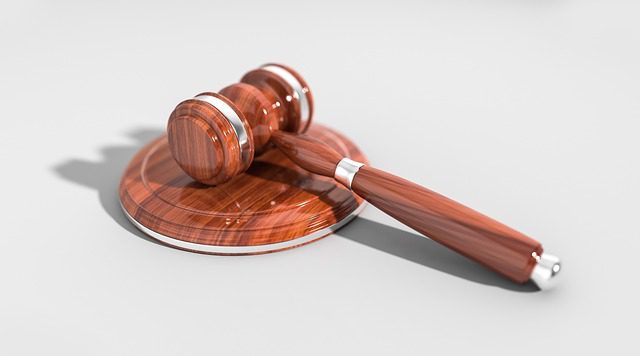Introduction
Legal matters often come with a host of complexities, not the least of which are the associated fees. Navigating the world of legal fees can be daunting, especially for those unfamiliar with legal proceedings. Understanding legal fees is crucial to ensure transparency, manage expectations, and avoid financial surprises. In this article, we’ll delve into the intricacies of legal fees, exploring what to expect when hiring a lawyer.
Types of Legal Fees
Hourly Rates
Many lawyers charge clients an hourly rate for their services. This means clients are billed for the actual time spent working on their case, including research, meetings, and court appearances.
Flat Fees
Some legal matters, such as drafting a will or handling a straightforward real estate transaction, may be billed at a flat fee. This provides clients with clarity and predictability regarding costs.
Contingency Fees
In certain cases, lawyers may work on a contingency basis, meaning they only receive payment if they win the case or secure a settlement for the client. Typically, the attorney’s fee is a percentage of the amount recovered.
Retainer Fees
Clients may be required to pay a retainer fee upfront, which acts as a deposit for future services. The lawyer then bills against this retainer as work is completed.
Factors Affecting Legal Fees
Various factors can influence the cost of legal services, including the complexity of the case, the attorney’s experience and expertise, geographic location, and the size of the law firm.
Transparency in Legal Fees
Transparency in legal fees is essential for fostering trust between lawyers and clients. Lawyers should provide clear and detailed explanations of their fee structures upfront, including any potential additional costs.
Negotiating Legal Fees
Clients should not hesitate to discuss legal fees with their attorney. In some cases, fees may be negotiable, particularly for clients facing financial constraints.
Additional Costs
In addition to attorney fees, clients may incur additional costs such as court fees, filing fees, and fees for expert witnesses. It’s essential to factor these expenses into the overall cost of legal representation.
Understanding Billing Practices
Clients should receive detailed billing statements from their attorney, outlining the services provided and the associated costs. Additionally, they should inquire about the attorney’s billing increments to avoid being charged for small tasks.
Legal Aid and Pro Bono Services
For those unable to afford legal representation, there are resources available, including legal aid organizations and pro bono services offered by law firms. These services provide assistance to low-income individuals facing legal challenges.
Questions to Ask Your Lawyer
When hiring a lawyer, it’s crucial to ask questions about the fee structure and payment options. Clients should fully understand how and when they will be billed for legal services.
Managing Legal Expenses
Managing legal expenses requires careful planning and budgeting. Clients should explore alternatives to litigation and consider the potential costs and benefits of pursuing legal action.
Conclusion
In conclusion, understanding legal fees is essential for anyone in need of legal representation. By familiarizing themselves with different fee structures, negotiating when necessary, and asking the right questions, clients can navigate the complexities of legal fees with confidence.
FAQs
1. What should I do if I can’t afford a lawyer’s fees? If you cannot afford a lawyer’s fees, explore options such as legal aid organizations or pro bono services offered by law firms. Additionally, some lawyers may offer payment plans or sliding-scale fees based on income.
2. Are legal fees negotiable? Yes, legal fees are often negotiable. Clients should feel comfortable discussing fees with their attorney and exploring potential alternatives to reduce costs.
3. Can I get a refund if I’m unhappy with my lawyer’s services? Refund policies vary among law firms. It’s essential to discuss expectations regarding refunds or adjustments to fees upfront and include these terms in the retainer agreement.
4. How can I avoid unexpected legal expenses? To avoid unexpected legal expenses, clients should seek clarity on the fee structure, ask for estimates of potential costs, and carefully review billing statements for accuracy.
5. Are there resources available for low-income individuals seeking legal assistance? Yes, there are resources available for low-income individuals, including legal aid organizations, pro bono services, and nonprofit legal clinics. These organizations offer free or low-cost legal assistance to those in need.








